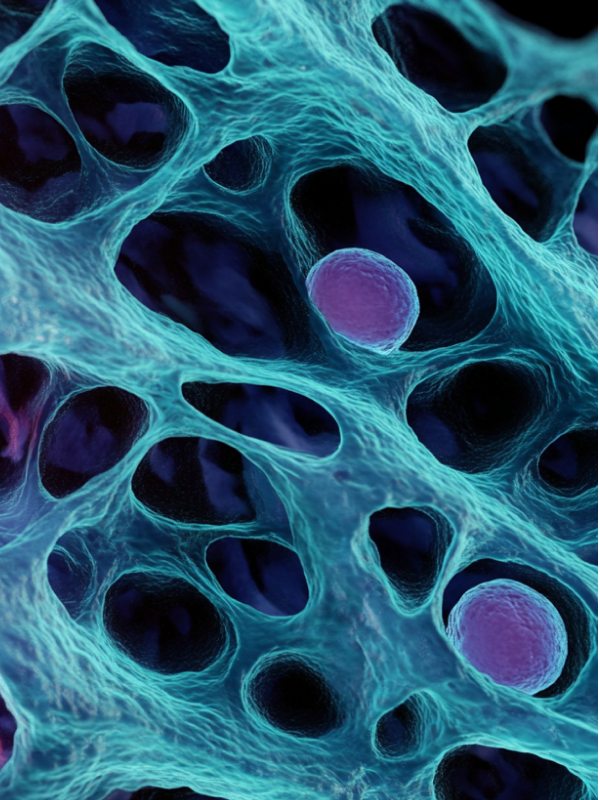Pioneering the next generation of technologies for muscle-related disorders
Cook MyoSite is on a mission to make it easier for healthcare professionals to use muscle-derived cell therapies in the pursuit of better outcomes for their patients.
This technology is currently for investigational use only; safety and effectiveness have not been established. It has not yet been evaluated by the FDA or other regulatory bodies.




Iltamiocel: a personalized, regenerative cell therapy
Cook MyoSite’s pioneering autologous muscle-derived cell (AMDC) technology is backed by more than 20 years of rigorous clinical research and is being investigated for a variety of uses in robust clinical trials. Known as iltamiocel, this personalized, regenerative cell therapy product may have the potential to restore function to damaged or dysfunctional muscle using a patient’s own cells.
Iltamiocel is being clinically investigated for female stress urinary incontinence, fecal incontinence, and oropharyngeal dysphagia. To date, iltamiocel clinical programs have enrolled more than 700 participants.
Iltamiocel is currently being evaluated in the following clinical studies:
Are you a physician or researcher interested in participating?
.png?width=649&height=312&name=MYO_BkGd_Data_Periwinkle_%26_RobinEgg_grad%201@2x%20(1).png)



Beyond the clinic: learn about our laboratory research services
Cook MyoSite’s years of experience in muscle cell technology has positioned us as a leading provider of contract research services created to support other projects which would benefit from our partnership.


.jpg?width=615&height=375&name=Photography-10%20(3).jpg)